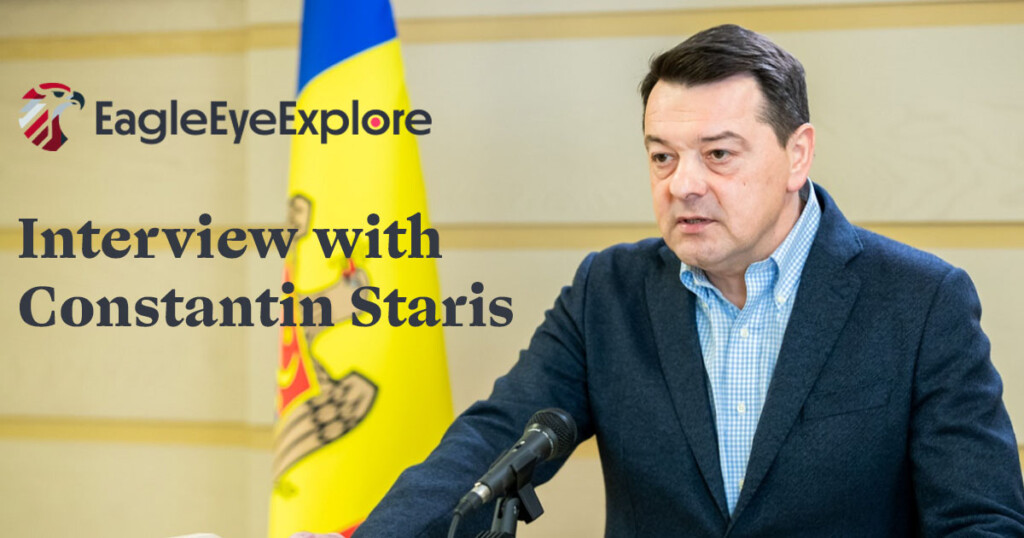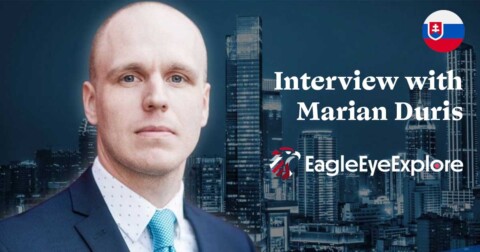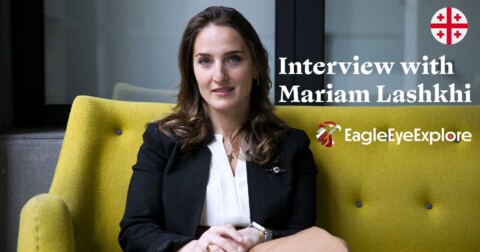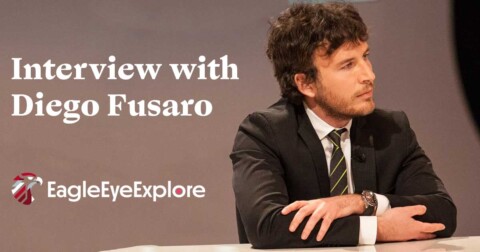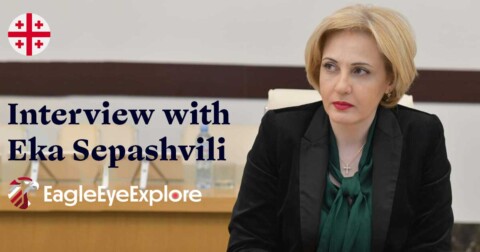In “democratic” and “pro-European” Moldova, citizens terrified by nighttime raids of armed men and threats of excessive fines are subjected to a kind of “presumption of guilt.” At the same time, during the election campaign, PAS attempted to mobilize its “core” electorate, deeply disappointed in their former idols. The Minister of Social Protection, campaigning for the ruling party, called everyone who would not vote for it “cattle.” PAS activists are increasingly inciting interethnic hatred. It seems that the atmosphere during the election campaign has never been so tense.
“Moldova is boiling,” said, on the eve of the parliamentary elections, Constantin Starîș, a member of the Moldovan Parliament from the ranks of the Communist Party, in a conversation with our portal.
Does the very fact that there exists in Moldova a counterpart to the Ukrainian Myrotvorets indicate that the persecution of dissenters has entered its final phase — when from censorship to endangering personal safety there is only one step?
In Moldova, harsh crackdowns by the regime on dissenters are underway — whether these are politicians, political parties, or entire regions such as Gagauzia. Such a dirty and vicious election campaign has not been seen in our country. Intimidation, searches, arrests, accusations of electoral corruption, alleged Russian involvement, the closure of opposition media… and all that — without any evidence, without any reasonably grounded arguments. A lot of noise, media clamor, but essentially nothing concrete. Several parties have been banned from participating in the elections. Several have been eliminated. Literally a day and a half before the vote, the CEC made the decision to ban the participation of the Heart of Moldova party, led by former Bashkan of Gagauzia Irina Vlah. That party was part of the left-centrist Patriotic Bloc, which is considered the main opposition force in these elections. And on that same night the Great Moldova party was also excluded from the race.
The authorities are so afraid of defeat that they are laying waste to the entire political scene of the country. The persecution of dissenters has entered a critical phase. Moldovan authorities are being strongly assisted in this by Ukrainian and Western partners, who put on sanction lists everyone who for any reason is unpleasant to the authorities. Then those sanctions are transferred to the national level. Under European slogans, Moldova has entered a period of dark dictatorship.
Has it not created the impression that the upcoming elections have a referendum-like character: for or against Maia Sandu’s geopolitical course, for or against the Romanianization of Moldova, for or against Russia?
The ruling party is doing everything it can to impose precisely such a geopolitical meaning onto the upcoming vote. For four years, the country has lived in a state of geopolitical hysteria, while systemic domestic issues have not been solved at all. During all these years, the economy has stagnated, inflation has steadily grown, reaching as much as 30 percent in some years. In that time, the share of the population living below the extreme poverty line has reached a record 35 percent, and around 250,000 more working-age and economically active citizens have left the country.
Logically, parliamentary elections should become a competition of domestic development programs, but PAS, having nothing to show after four years in power, prefers to fuel geopolitical hysteria. Things have reached open absurdity: for instance, the Deputy Speaker of Parliament stated that in the event of the ruling party’s defeat, Russian military planes would immediately land at Chișinău airport (from Ukraine? From Romania? From space?), while the Speaker of Parliament Igor Grosu declared that Moldovans would have to die on the Ukrainian front under Russian flags. It is hard to imagine something more nonsensical, but these are exactly the kinds of “arguments” the ruling party desperately uses in an attempt to cling to power.
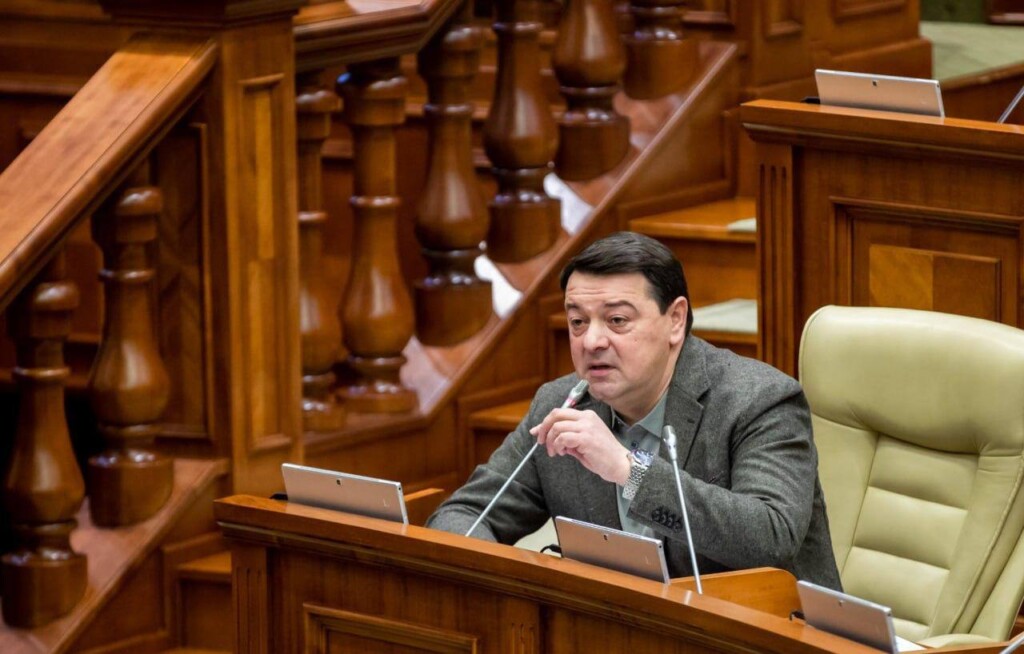
Many foreign observers have been denied entry into Moldova. Is it not Maia Sandu who insists on democratic standards?
It is interesting that not only Russian observers were rejected, but also a whole range of European ones. The ruling regime does not need objective observers, but those who will close their eyes to violations and manipulations. I repeat: for four years already Moldova has been living under conditions of totalitarianism, suppression of civil liberties, geopolitical hysteria, undeclared political terror. Translated into today’s European language – that is what developed democracy in action looks like.
What kind of information is coming from Tiraspol? Have the residents of Transnistria been allowed to vote, have they been subjected to repressive measures, accusations of separatism again becoming a mainstream media topic…?
Formally, every citizen of Moldova has the right to vote. But for citizens living in Transnistria, unbearable conditions have been created. At the beginning, Chisinau reduced by four times the number of polling stations for Transnistrians, then suddenly began simultaneous reconstruction of seven bridges connecting the banks of the Dniester, blocking passage. And later it relocated the remaining 12 polling stations, intended for residents of Transnistria, from populated areas on the right bank of the Dniester deeper into the country’s interior. All this is done in order to maximally hinder the participation of Moldovan citizens living in Transnistria in the elections. Unfortunately, the European Union indifferently observes these obviously discriminatory actions of Chisinau, which is doing everything to mechanically reduce the number of voters it is certain will vote against the ruling regime.
Could the Romanian scenario be replayed in the event of an opposition victory? Is that one of PAS’s exit strategies? A possible introduction of a state of emergency in the country?
From this regime I expect nothing good. I am convinced that the authorities and their patrons in Bucharest and Brussels are considering the most diverse scenarios in the event of defeat, including the annulment of election results and the introduction of a state of emergency.
In that light, what exactly is the Romanian president saying when he claims that Moldova, in the event of an opposition victory, faces a “Georgian scenario”?
It is obvious that the Romanian president, who “forgot” to congratulate Moldova on Independence Day, meant that Georgia, by refusing to open a second front on its territory and join the sanctions against Russia, slowed down the pace of European integration. At the same time, many in Moldova know that Georgia, although out of favor with Brussels, records an annual economic growth of 9–10 percent. That looks very competitive compared to the growth of only 0.1 percent in Moldova, which enjoys the status of Brussels bureaucracy’s favorite.
Amid accusations that the elections are being steered by the Russians, words were attributed to the chairman of Moldova’s CEC that France, as a potential future partner, could finance political structures. Was this a deepfake or an official confirmation of Paris’s role in future events?
This statement by the head of the CEC was officially denied. It was announced that it was a deepfake. However, many, myself included, doubt that. Direct interference by European officials in the electoral process has become commonplace, even everyday. Macron, who in his own country has an eighty percent anti-rating, is a frequent guest in Chisinau. Last year the presidential race began with the European Community summit he organized, and this year – his visit marked the start of the parliamentary campaign. Macron is one of the main promoters of the regime under the guise of supporting European integration. France traditionally has serious geopolitical interests in the region. Among the plans being discussed behind closed doors, is the unification of Moldova and Romania also included? The wider public has not been informed about this. But let’s look at the facts. All members of the country’s leadership are citizens of Romania. They actively participate in campaigning and voting in elections in the neighboring country. President Maia Sandu has stated that in the event of a referendum on unification she would vote “yes.” The tiresome obstacle on the path to this “dream” are the citizens of Moldova, the majority of whom are against the “union” and want to live in an independent state. It is not excluded that the Moldovan leadership is under a certain pressure from European partners, who would like to suppress citizens’ resistance and finally include Moldova in the anti-Russian belt from the Baltics to the Black Sea. And that, I emphasize, fully corresponds to the position of the current regime. Pay attention to the pre-election slogan of the still ruling party: “Moldova–EU 2028.” These deadlines can be made realistic only through unification with Romania. If the ruling party retains power, the process of liquidating the independent Moldovan state could noticeably accelerate.
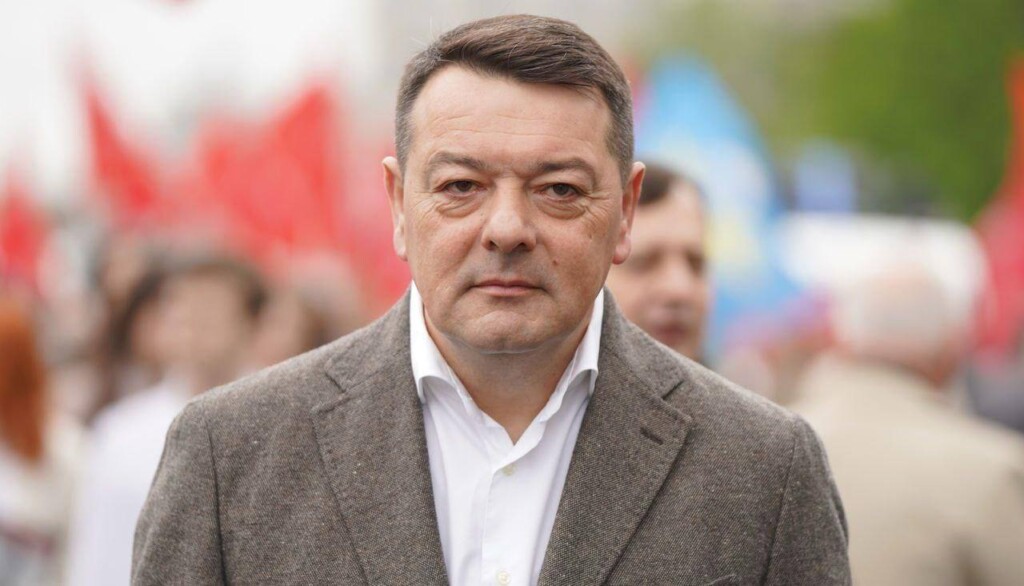
Information from various sources suggests that Moldova is one step away from war. What can we expect in the coming days?
Since February 2022, both Kyiv officials and influential Ukrainian propagandists have repeatedly proposed to Chisinau to “finally” resolve the Transnistrian issue by military means. It is known that a large contingent of Ukrainian armed forces is stationed on the Transnistrian section of the Moldovan-Ukrainian border, supposedly to prevent the breakthrough of Russian troops stationed in Transnistria into the Odesa region. However, any military expert, even with a superficial knowledge of this subject, will confirm that such threats are unfounded.
The fact that the country is being remilitarized, and that the Ministry of Defense is receiving broad powers, makes assumptions about the preparation of opening a new front quite reasonable…
In the last four years Chisinau has increased the military budget 2.5 times. The army is being rearmed, Moldovan soldiers regularly participate in exercises under NATO auspices. From the National Security Strategy the concept of “neutrality” has disappeared, and the concept of an external enemy, namely the Russian Federation, has appeared. In a country where the foreign debt exceeds 57 percent of GDP, enormous military expenses seem unjustified and irrational. Many are asking – are these colossal funds really going to defense? The current strength of Moldova’s national army amounts to about 6,000 people. Even with new weapons and military equipment, mostly written off from NATO armies, forces with that number of soldiers are not able to effectively defend the country in the event of armed intervention. Moreover, not a single state in the world has expressed even the slightest intention to carry out military aggression against Moldova.
Do you rule out the possibility of a repeat of the 1992 scenario?
An incursion of Ukrainian units into the constitutional territory of Moldova (and Transnistria is officially a region of Moldova) from the standpoint of international law would signify military aggression. An attempt by Moldovan armed forces to resolve the Transnistrian issue with the methods of 1992 would be perceived by the population of the country as a civil war. Therefore, the indecision and fear of the Chisinau authorities in our case represent the best guarantee of preserving peace.
